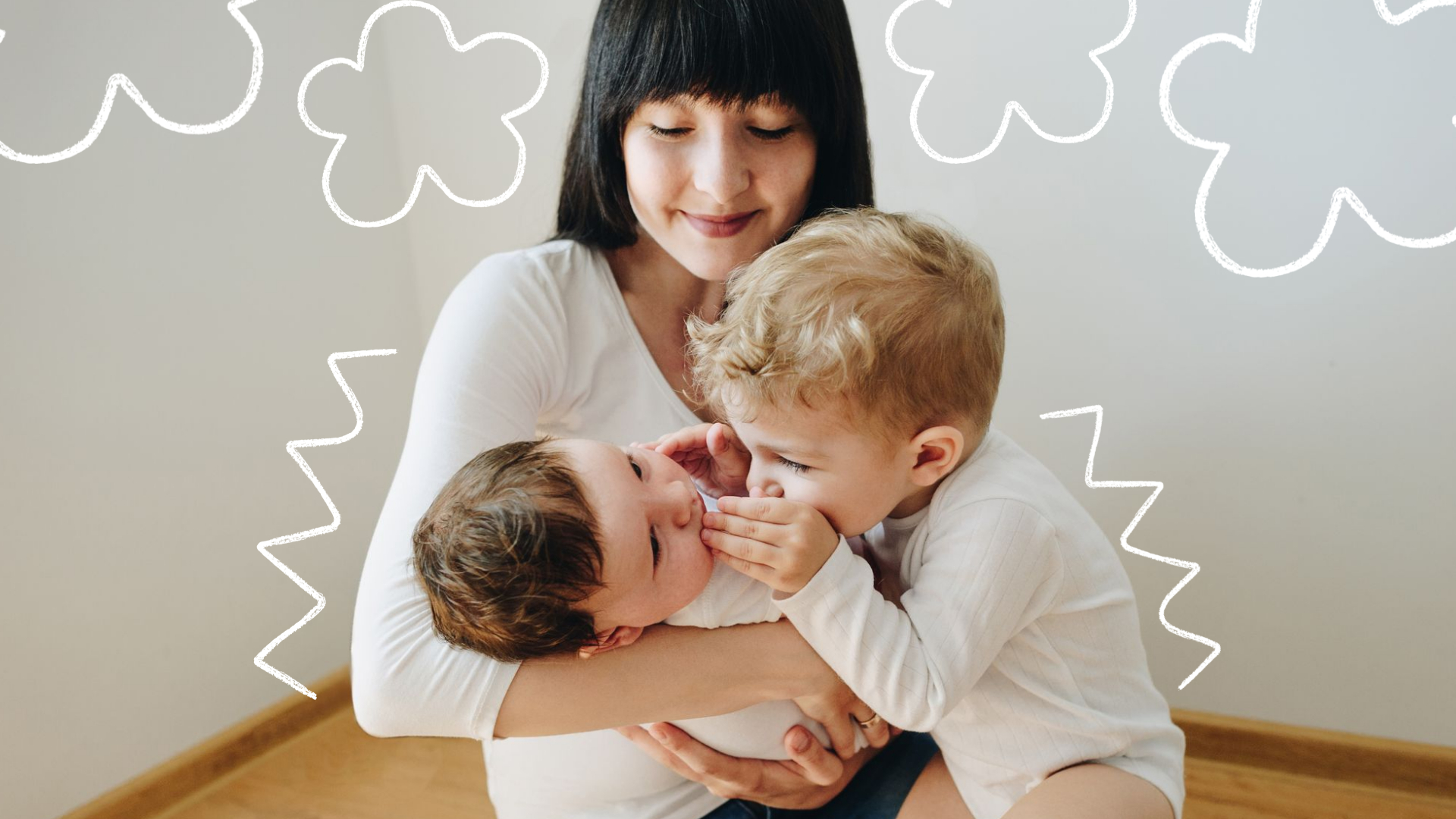
Why Routines are Important for Infants and Toddlers
We all need and gravitate towards a routine or a scheduled day. Sure, we want to feel free on holidays or weekends. But for the most part, it helps to know what might be happening in the day or what is expected of us. Not only to keep our anxieties in check but also to prepare for these upcoming transitions. It is precisely the same for our children – no matter what age they are. Routines teach our children to prepare for upcoming changes, keep them calm during any specific activity and help build healthy habits.
But my child is so young – surely routines are unnecessary during infant and toddler years?
The sooner we instill routines with our children, the faster they will understand a change might seem scary, but they have the coping skills to manage these anxieties. This is a great skill to learn from as early as your child’s infant period (birth to 1 year). If we think of the number of changes to our routines that we need to cope with daily, we might be able to see why it is essential to learn how to manage a routine at a young age.
Let me explain this with an analogy. If we get in the habit of eating healthy and having a “cheat day,” it will be much easier to get back into our routine. It is like muscle memory for an athlete who didn’t play tennis (for example) for many years. You fall back into this routine easier as it has been ingrained in your memory from a young age and you have seen its benefits.
Okay, we have established it’s essential – but HOW do I get them to follow a routine?
Modeling behavior
Even if our child is still an infant, we can model how we create routines for ourselves. When you brush your teeth in front of your child, you can perhaps “bru bru bru…brush” in-between strokes. This is called “pairing.” Some excellent research indicates increased expressive language and comprehension by pairing sounds and words with motivating activities. In this case, the motivating action will be providing animated attention (and singing) to your child, not necessarily the act of brushing your teeth. According to Shillingsburg et al. (2015), it is important to consistently and repeatedly pair a sound with a motivating item to reach the goal of increasing expressive speech. If your goal is merely for your child to observe a consistent routine being implemented, I would argue that any song or “stimulus” can be used to increase their attention to your action (implementing the routine).
Consistency is always key
Although you can vary the stimulus used to pair the routine activities with your child’s ability to observe and thus model actively, it needs to be done and shown consistently. If our child is always prompted to brush their teeth and complete their bath routine simultaneously, it will be easier to predict this activity and prepare for it.
Keep it FUNctional
Some routines are not fun, but that doesn’t mean that we can’t make them fun! We can add colored bubbles to our bathtubs or draw on the tub with washable crayons. We can also keep daily routines functional, where we teach our children from a young age to help take their dishes back to the sink, clean up after themselves and wash their hands. These can all be done with “hand-over-hand” prompts and adding a song or fun music in the background for each activity that we count as a routine.
Enjoy those routines with your infant or toddler! You might notice that your little ones become a little easier to keep up with!
Shillingsburg, M. A., Hollander, D. L., Yosick, R. N., Bowen, C., & Muskat, L. R. (2015). Stimulus-Stimulus Pairing to Increase Vocalizations in Children with Language Delays: a Review. The Analysis of verbal behavior, 31(2), 215–235.